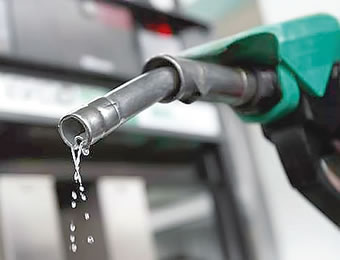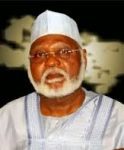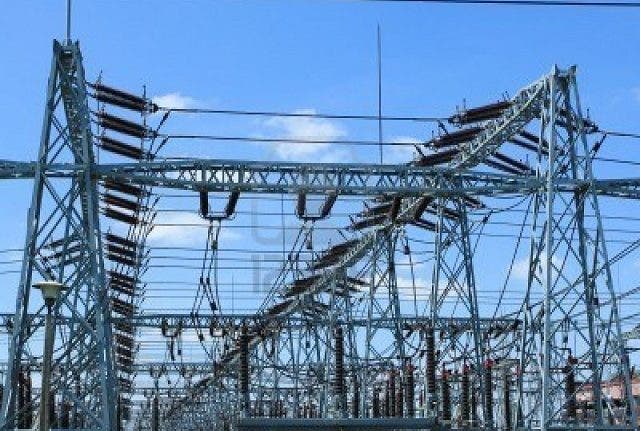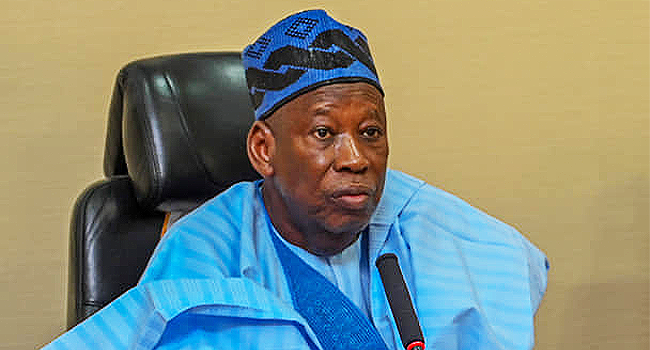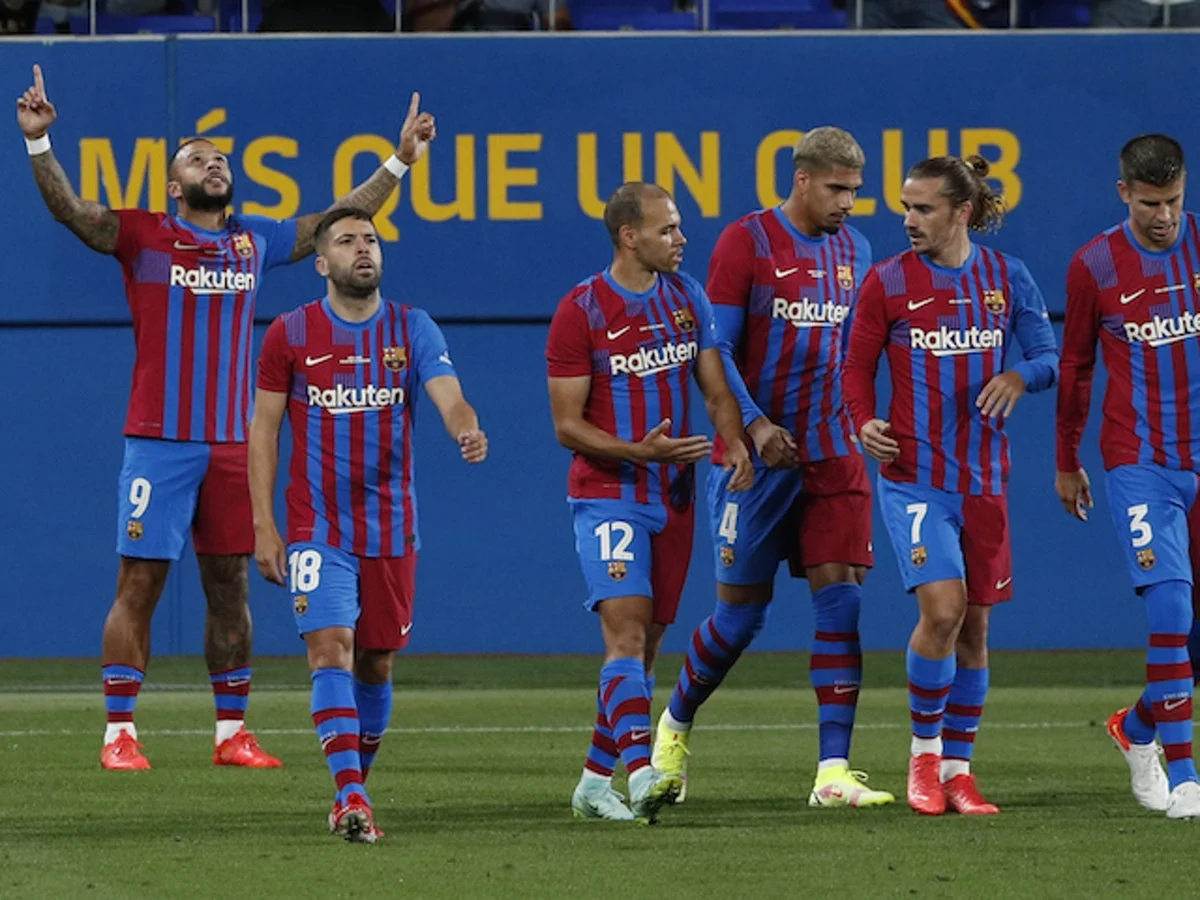BY ADEMOLA YAYA
AT the beginning of this expiring year 2022, the Federal Government had contemplated removing oil subsidy by July, for the blind market forces to determine how much we would be paying for fuel per liter but for Nigeria Labour Congress (NLC), Trade Union Congress (TUC) and Civil Society Coalitions threat to mobilise people for rallies and mass protests that were to commence January 27, 2022 against the satanic decision, the removal was temporarily suspended. Speaking via the Minister of Finance, Hajia Zainab Ahmed, in January 2022, the FG said it would hold the fuel subsidy removal indefinitely and work on 2022 budget to provide fund for that purpose, having realized that the “timing of subsidy removal” would worsen the suffering of the people, especially the poor.
In addition, the FG said it was counting on the 650,000 barrels per day Dangote oil refinery was expected to be producing by the last quarter of 2022. Again, FG was having a plan to rehabilitate the four moribund national refineries with the expectation that their resuscitation would save the situation. It is instructive to note that Zainab Ahmed had said the FG only made provisions for subsidy in the 2022 budget from January to June, 2022. This simply means that fuel price could start increasing from July.
Subsidy is a benefit given to an individual, business or institution, usually by government. It is given to remove some burden in the overall interest of the public to promoting social good or economic policy. It is a direct or indirect payment, economic concession by government to private firms, households to promote a public objective. Fuel subsidy was first introduced in Nigeria in the 1970s as an absorber to 1973 oil price shock. The Arab oil-producing countries known as Organisation of the Petroleum Exporting Countries (OPEC) had launched an embargo on sales of crude oil to the US to protest its support to Israel in 1973 Yom Kippur War – the Fourth Arab-Israeli War from 6th to 25 October 1973 – between a coalition of Arab states led by Egypt and Syria against Israel.
The FG argument for outright removal of fuel subsidy, like its predecessors, that money saved from subsidy removal could be better invested on reviving and building more refineries, roads and major infrastructures which would result to sustainable atmosphere for business growth and development that would translate to wealth creation and rapid socio-economic development could only be accepted by the marines.
Yes, compared to the previous governments, President Muhammadu Buhari led administration has done more social investment programmes from 2015 till date, despite economic challenges associated with insecurity, COVID-19, etc. There is school feeding for primary school children; there is conditional cash transfer payment to the poor and most vulnerable, N-Power where N30,000 monthly is paid to 200,000 youth among others. But where are these resources going as they don’t reflect better life for the people? In 2019, the National Bureau of Statistics stated in its reports that 40.1 % Nigerians were poor, an average of four out of 10 individuals who had real per capital expenditure below N137,430 per year which translated to 82.9 million Nigerians. However, its 2022 last quarter report is very alarming as it has jumped from 40.1% to 63% which translates to 133 million multi-dimensionally poor people in Nigeria.
Just last year, 2021, President Buhari had set up National Steering Committee to oversee the development of the Nigeria agenda 2050 and Medium-Term National Development to succeed Vision:20:2020 and the Economic Recovery and Growth Plan to pull 100 million people out of poverty by 2030. But all this seems to be theoretical as hunger, misery and poverty in the land combined with NBS facts suggest that resources allotted did not get down to the targeted poor people. Perhaps, this explains why President Buhari via the Minister of State for Budget and National Planning, Clement Agba, had accused the State Governors of being responsible for increase in poverty index in the country. In a swift reaction, the Governors under the platform of Nigeria Governors Forum (NGF) accused FG of irresponsibility in addressing security challenges – bandits, insurgents, kidnappers -which have technically crippled commerce and economic activities. According to the Governors, since FG could not ensure security of lives, nothing can be built on nothing, as all their efforts to uplift the lives of their people were rendered useless.
If the truth must be stated, those who are in charge of piloting Nigeria affair-the politicians – are so corrupt that any resource allocated for developmental projects, in most cases, ends up in their private pockets at the expense of the welfare of the people. Although, most of the past politicians who held public offices lived modest lives, the present crop of politicians with very few exceptions live flamboyantly, stealing and crudely accumulating resources in their care meant for societal development. EFCC and ICPC are overwhelmed with litany of corruption cases by these politicians with their civil servants accomplices.
As presently constituted, Nigerian ruling elite have no capacity or will power to steer Nigeria ship to the direction of progress and development. Buck passing between the President and Governors over who is responsible for astronomical increase in poverty is an admittance of their collective failure. Apart from their nomenclatures, there is no fundamental difference in their parties programmes and policies. The only difference is that one could go more extreme than the other in the use of thugs to attack perceived opposition. Their fundamental difference, especially the inseparable twins – APC and PDP- is that between six and half a dozen.
Removal of fuel subsidy as being contemplated by the FG will not only add to the pain, groan and poverty index, it will literally snuff live out of the poor people who are already in a living hell. The poor people, therefore, with their allied unions – NLC and TUC – in collaboration with civil society coalitions, must stand up in unison to resist an attempt by the ruling elite to kill them via fuel subsidy removal. Whereas subsidy cannot be sustained forever, there is a clear solution – refine our crude oil locally for all the products we need. Simple! So long as successive governments across parties refuse to do exactly that for insane reasons best known to them, the subsidy must stay.

